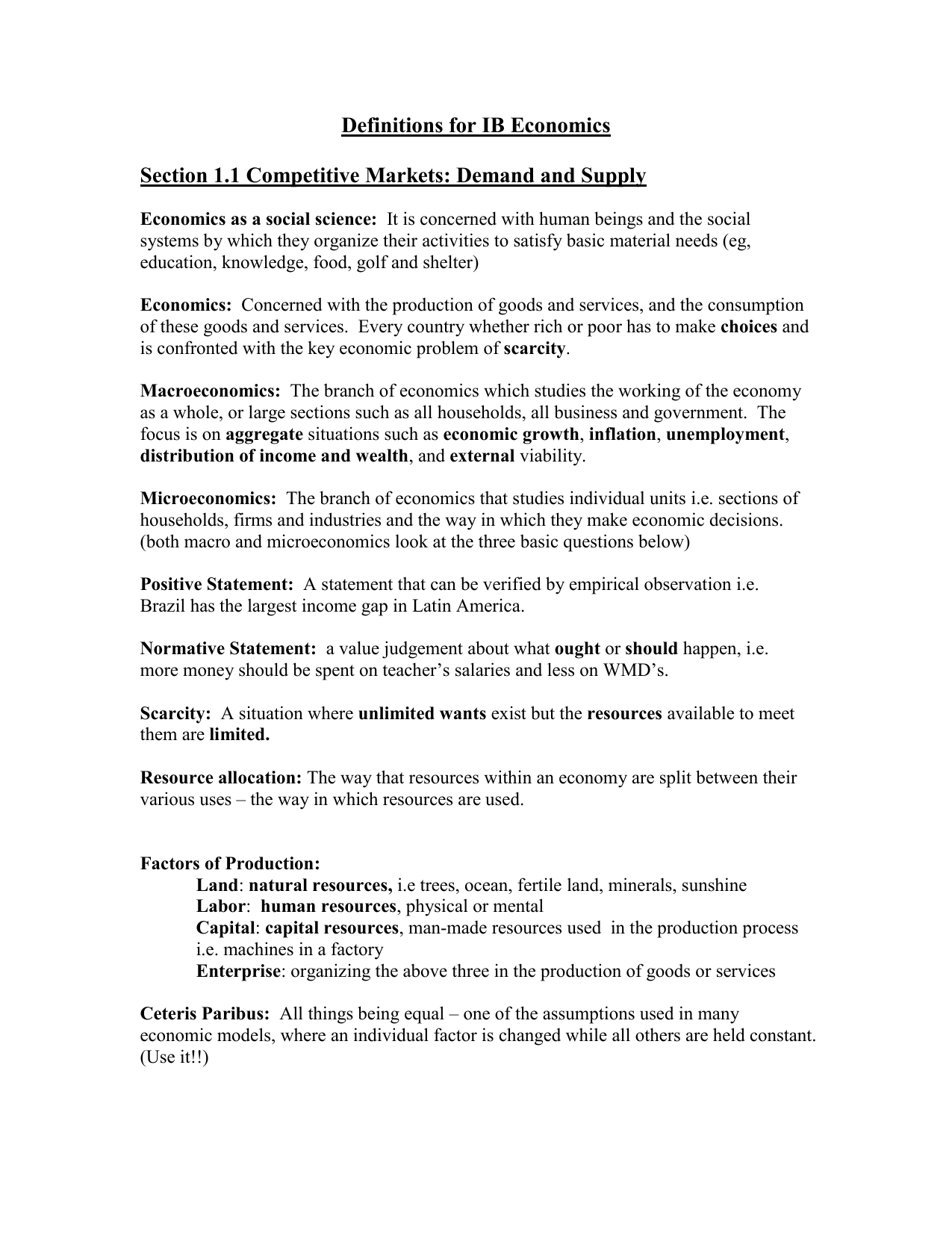

This means they can produce more in the same period of time. When people have more human capital, they are likely to be more productive. Every person has different skills and qualifications – we call this human capital. Labour is the human input into the production process. Some nations have a large amount of a particular natural resource, and so are able to specialise in the extraction and production of it – for example North Sea oil and gas in Britain and Norway. Land is the natural resources available for production. Resources can be divided into four groups: Collectively, resources are called factors of production. In contrast, the resources used to produce these goods and services are in limited supply (finite). The cycle of wants continues, once you get one thing, you move straight on to wanting another. Imagine you get a PlayStation for Christmas – what will you want for your birthday? An iPhone, perhaps. Do we actually need it to stay alive? Most people would say no – it is simply a luxury that would be nice to have. We may want a PlayStation 4 for Christmas. But our wants are never-ending (infinite). We need some things just to stay alive – including water, food and warmth. What links them all is the attempt to understand how and why exchange takes place, and how exchange creates benefits and costs for the participants. This is true for economics, as witnessed by the development of many different strands of investigation including microeconomics and macroeconomics, pure and applied economics, international economics, development economics and industrial and financial economics.

Hence, economists have to employ different methods, based primarily on observation and deduction and the construction of abstract models.Īs the social sciences have evolved over the last 100 years or so, they have become increasingly specialised.

In terms of methodology, economists, like other social scientists, are not able to undertake controlled experiments in the way that chemists and biologists are. Economics attempts to explain economic behaviour, which arises when scarce resources are exchanged. Economics is regarded as a social science because it uses scientific methods to build theories that can help explain the behaviour of individuals, groups and organisations.
#Ib economics free#
#Ib economics how to#

No advocacy/discussion of collusion, academic dishonesty, or other objectionable content.
#Ib economics update#
We will update this area when there are some AMAs. Note that the subreddit is not run by the International Baccalaureate. This subreddit encourages questions, constructive feedback, and the sharing of knowledge and resources among IB students, alumni, and teachers. This subreddit is for all things concerning the International Baccalaureate, an academic credential accorded to secondary students from around the world after two vigorous years of study, culminating in challenging exams.


 0 kommentar(er)
0 kommentar(er)
